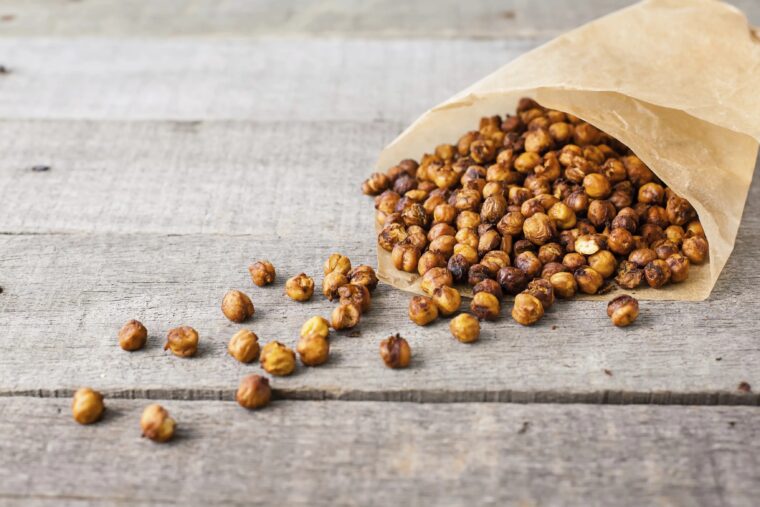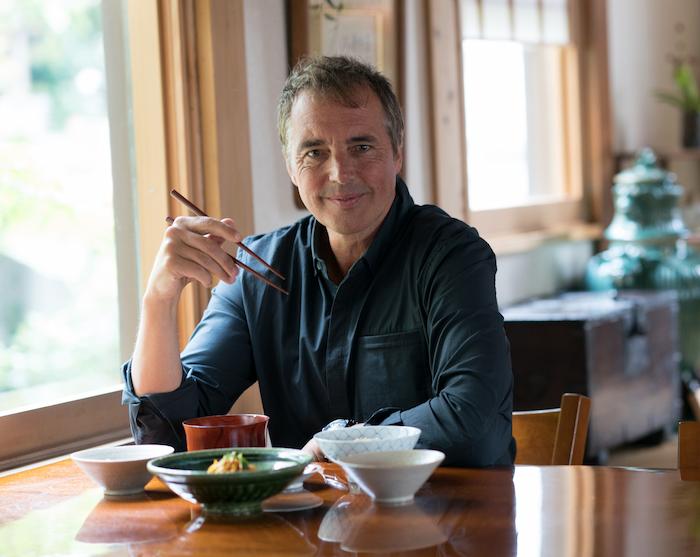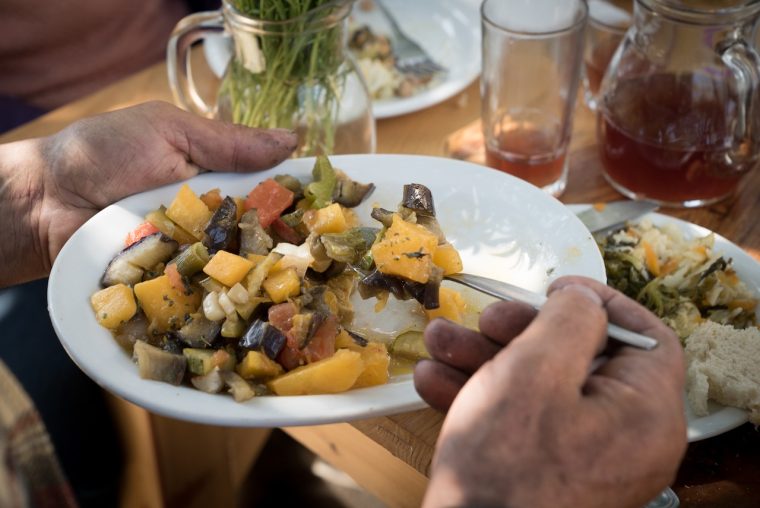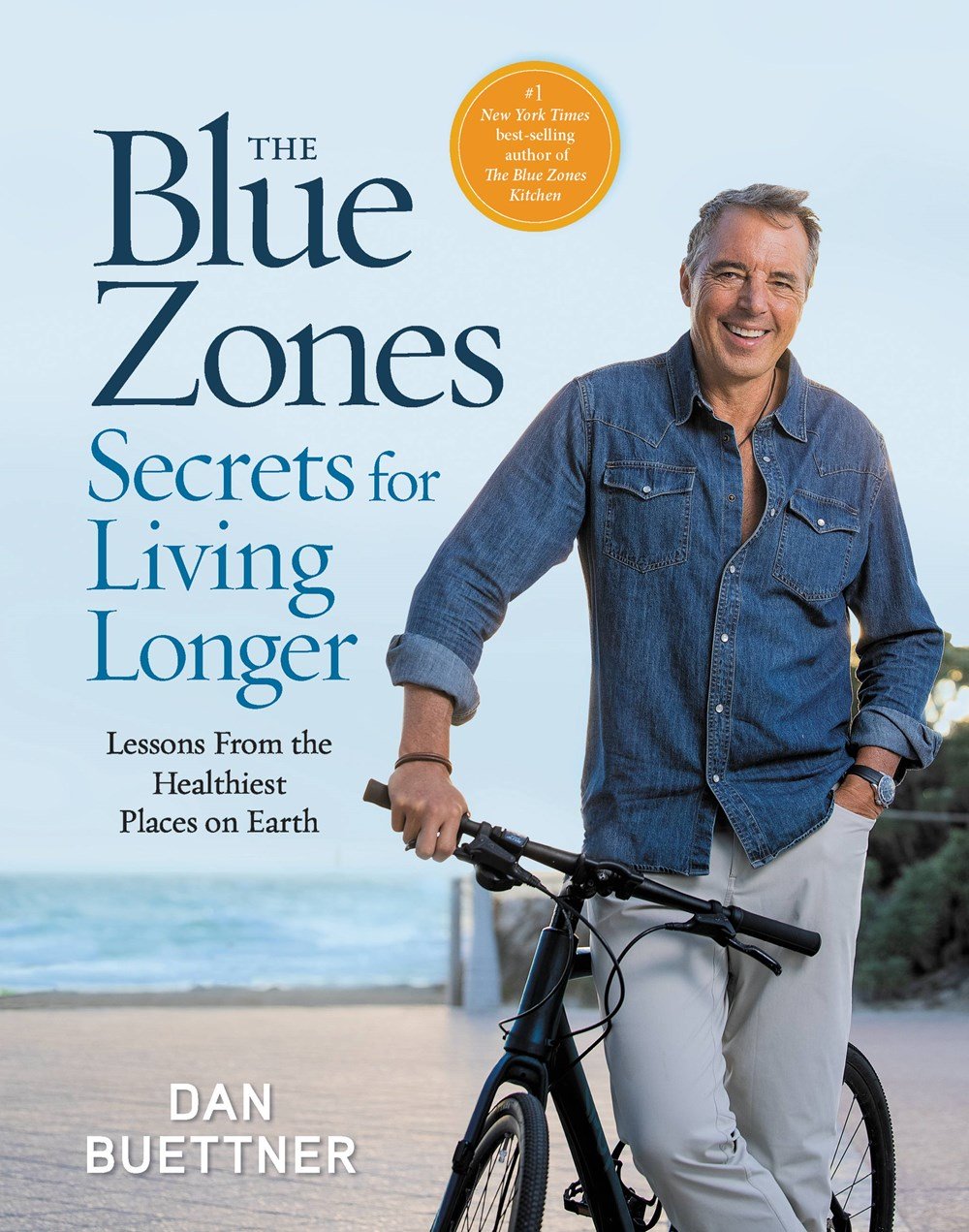You know, I gotta say: I like talking, but I like it even more when other people (or things) do the talking better than I ever could.
To paraphrase what I’ve said recently, these intros are essentially the “on-ramps” that, in one way or another, lead us into the real substance of the day. I usually start with some idea that ties together the main topics in that edition, and then I show you where we’re headed with each of those topics.
Sometimes, you need a running start; other times, it’s quickly redundant to say much of anything. This is one of the latter times.
When it comes to the first topics of the day—some practical teachings on love and sugar from everyone’s favorite neurologists, Drs. Ayesha and Dean Sherzai, and their new podcast—it would be a waste to repeat what I’ve said before OR to try and capture the many nuances they cover here in writing.
And when it comes to the second topic of the day—extra virgin olive oil and what’s so special about it—well, actually, there is plenty to say about it, insofar as I’ve not covered it here before. Still, it’s one of those ingredients that just about everybody can like and, once I’ve told you what you need to know, the only thing that’ll be left to do is to go eat some!

Two of the themes to which I’ve returned over and over in Eating to 100 are…
🅰️ The essential roles that other people play in our health (whether we realize it or not) every single day of our lives
🅱️ The West’s insatiable sweet tooth and the many complications of our modern relationship with sugar (particularly refined sugar)
The links above will point you to a couple of the articles I’ve written on those subjects in previous editions of Eating to 100—so if you’re new around here or just want to get your feet wet in those subjects, there you have it!
Otherwise, I mostly wanted to give another (uncompensated and unannounced) shout-out to the new podcast from Drs. Ayesha and Dean Sherzai. It’s called Your Brain On… and the idea is that they fill in the implied blank at the end of the title with something different for each episode, then explore the neuroscience of it. The pilot episode, for example, was “Your Brain on New Year’s Resolutions” and it talked about the kind of habit formation and behavior modification that people typically struggle with at the beginning of a new year (that’s the episode I mentioned last time in Edition 37).
But those wonderful Sherzais just keep going! They keep cranking out new episodes of this podcast, and two of the most recent episodes are near and dear to my heart—specifically, to the two topics I mentioned above. So without further ado, allow me to introduce (read: give you links to) two episodes of Your Brain On… that will probably fall close to your heart as a reader of Eating to 100:
Love is a complicated thing—and one way of capturing that complication is to ask yourself what word should replace “thing” in the first clause of this sentence. Is love a feeling? An emotion? An action? A chemical reaction? A vague, generalized feeling of connection?
In this episode, Drs. Sherzai speak with Anna Machin, an evolutionary anthropologist with Oxford University, as well as cardiologist Columbus Batiste, M.D. (a literal heart doctor) and psychologist Dr. Arthur Aron with State University of New York at Stony Brook. That’s three great expert perspectives on love, which we all know is one of the greatest… umm, things in the world.
I can give you a 101-level, quick-and-dirty examination of what sugar is and how it works, but as neurologists, the Sherzais are more qualified to get into the nitty-gritty of details like how different kinds of sugar work inside the body, how addictive sugar really is (compared to drugs), and how added sugar wound up everywhere in our food supply.

Today’s Pantry Powerhouse item is something I’ve mentioned numerous times in passing, but I’ve never (I don’t think) actually stopped to discuss it in detail. So now it’s time to talk about it: extra virgin olive oil, or ‘EVOO’ for short. 🫒
We’ll start by talking briefly about where olive oil comes from, what it is exactly, and how it’s made (and what the term “extra virgin” means). Then, once we’ve established those fundamentals, we’ll look at three big reasons why EVOO is all the rage in the cooking world—and yes, the health benefits are (collectively) one of those big reasons!
Now, starting at the beginning…
Olive oil is, of course, made from olives—and as you may know, olive trees only grow in certain parts of the world. To be specific, they grow in Mediterranean climates with dry summers and mild winters; that obviously includes a lot of countries around the Mediterranean Sea (including all of the world’s biggest EVOO exporters), but also places outside of the Mediterranean such as California.
Culturally speaking, olives and olive oil are probably associated most with Greek and Italian cuisine (and they both make some beautiful olive oil), but it’s certainly not their tradition alone. Human beings have been making olive oil for thousands and thousands of years—since before writing was invented!—and over those millennia, it’s served a much wider variety of purposes than it serves today. These examples may or may not surprise you, but two of olive oil’s many historic uses outside of food include…
LAMP OIL 🪔 We’ll talk more about the extraction and grading of olive oil in a minute, but there’s a non-edible grade of virgin olive oil called lampante, which literally means “for use in lamps.” A fun translation of this information: Mediterranean folks have lit their homes with (what is essentially) fruit juice for thousands of years.
LOTION 🦵 Assuming my eyes didn’t deceive me at CVS, you can buy shampoo and conditioner made with olive oil even today—which lends credence to the idea that the Greeks were onto something (at least in terms of staying moisturized) when they started rubbing olive oil on their bodies like suntan lotion.
Perhaps you’ve heard that ancient Greek athletes exercised nude in the Gymnasium? It’s true, but it gets better: they were also greased from head to toe in good ol’ OO. Try picturing that the next time you’re in a gym!
Now let’s talk about how olive oil is “made” or, more precisely, extracted.
In concept, making olive oil is pretty simple: you just grind up the olives, use a press or centrifuge to extract the oil, then filter and purify that oil and, finally, separate it into grades. As you can see for yourself by squeezing an olive between your fingers, it’s not hard to extract some oil even with the crudest of methods; what’s hard is getting all of the oil out of the olives (past a certain point, you need chemical assistance) and then making all of that oil as good as it can be.
I’ve already mentioned that olive oil is graded and that some grades (like lampante) aren’t even suitable for human consumption. In other words, the grading of olive oil doesn’t just determine its quality; it also determines its use and purpose. So let’s talk more about olive-oil grading!
First, we answer one of the biggest FAQs about olive oil: what do the terms virgin and extra virgin mean in this context?
In this case, the term virgin means that the oil was extracted purely by mechanical means and that its natural chemical structure has not been altered in any way. In other words, virgin basically means “all they had to do to produce this olive oil was squeeze it straight out of the olives.”
Extra virgin is the highest grade of virgin olive oil. Not only is this oil extracted purely by mechanical means, but this is the better oil that comes out that way—both in terms of taste (fruitier, smoother, superior overall) and in terms of free acidity (should be no higher than 0.8%, which is on the low end).
Compared to extra virgin, just-virgin olive oil tends to be more acidic (up to 2%), and it may have some impurities or “sensory defects” which not only cause it to taste inferior, but in many cases also shorten its shelf life. There’s not really an upside to just-virgin olive oil, which is why you don’t see as much of it.
Refined olive oil (often labeled “pure olive oil” or just “olive oil”) is a bit separate from the other two. Refined olive oil is virgin oil that has been refined by non-chemical means (such as charcoal filters) so that the glyceridic structure of the oil remains intact; its free acidity will be very low (no higher than 0.3%), but it won’t have as much of that fruity, delicate flavor. The only real plus here is that refined olive oil can usually tolerate heat better than its extra-virgin counterparts.
Now that we’ve covered more precisely what EVOO is and where it comes from, let’s talk about why EVOO is all the rage of the cooking and culinary worlds. Three reasons, given in no particular order:
1️⃣ Clean Eating
We’ve talked before about how foods get worse and worse for you the more they’re processed, and the same is true of our cooking oils.
In this respect, EVOO is popular because it’s one of the simplest and cleanest cooking oils on the planet. You can understand exactly where this oil comes from and how it got here—again, just squeeze an olive between your fingers—and the same definitely cannot be said for the vegetable and canola oils of the world, where you have basically zero idea how the oil started its life on planet Earth.
Even if you did know which veggies went into your veggie oil (and even if you did feel good about those veggies), the refining process that veggie oil undergoes essentially removes or destroys all of the micronutrients that its precursors might have contained. Meanwhile, since EVOO is not “processed” or “refined” so much as just “pressed and filtered,” the oil still contains all the micronutrients it ever did… and it has a fair few! To wit…
2️⃣ Health Benefits
The bottom line here is that, yes, EVOO is healthier for you than just about any other cooking oil on the planet—but I would split those health benefits into two categories, namely “the good stuff in EVOO” and “why EVOO is less bad than its alternatives.”
In the former case:
- Micronutrients such as vitamins E and K, of which there are basically none in veggie oil
- Antioxidant and polyphenolic compounds whose heart-health benefits are well-documented in research—compounds which, again, don’t exist in veggie oil
- Tocopherols, carotenoids, and other anti-inflammatory compounds that combat high blood pressure and help your immune system to resist a wide variety of ailments (up to and including cancer)
As for why EVOO is “less bad” than other cooking oils? I could probably write an entire article just sorting through the many types and sub-types of fat, but the bottom line here is that the specific types of fat found in EVOO tend to be simpler and more benign, whereas other cooking oils are higher in the poly- and saturated fats that clog up arteries and otherwise do your body more harm.
In summary: health-wise, EVOO is a decisive win over its most common alternatives. Not only does it minimize the “bad stuff,” but it provides additional nutritional value that keeps your heart in good order, reduces your inflammation, and generally helps to preserve your good health.
3️⃣ Flavor
I don’t watch a ton of TV, but I have something petty to get off my chest and talking about olive oil (and its flavor) gives me the perfect reason to say it…
You know that whole “taste the food, not the oil” ad campaign for Wesson vegetable oil? It’s incredibly frustrating to me, and I’ll tell you why with four bullet points of ascending aggravation:
- It’s taking a cheap shot at EVOO while hocking a product that’s sure to be worse for you.
- It’s trying to set the arbitrary expectation that cooking oil should be tasteless… just because their cooking oil is tasteless and EVOO isn’t.
- It’s implicitly encouraging consumers to ignore their fat sources, to make them as “invisible” as possible—an idea which is unwise at best and exploitative at worst.
- It’s creating a nonsense dichotomy between oil and food. It should be obvious (the moment you stop to think about it) that the oil you use to cook becomes part of the food you eat; in that light, I would suggest that “taste the food, not the oil” is as moronic a slogan as “taste the food, not the ingredients.” 🙄
Before I get any more incendiary, and before I dignify Wesson’s BS with any further attention, here’s all I really need to say about the lovely flavor of olive oil:
- In case you didn’t already know: you don’t have to like olives in the slightest to like olive oil. Olives themselves are definitely more of an acquired taste.
- Good olive oil does have flavor, but it’s a delicate flavor that plays very well with others and fully blends into cooked food most of the time.
If you don’t love the flavor of olive oil and you’re struggling to acquire a taste, my advice—as with any other food—is simply to try and keep trying. In other words, try different varieties and, whether or not you’ve tried one before, try it again when it’s put in front of you. Maybe you’re doomed not to like it (what a sad thought), but my bet is that you just haven’t discovered it the right way yet.

Savory Roasted Chickpeas
Ingredients
- 1 15-ounce can chickpeas, rinsed and drained
- 2 Tablespoons olive oil
- 1 teaspoon ground cumin
- 2 teaspoons chili powder
- 1 teaspoon cayenne pepper
- 1 teaspoon sea salt
The Method
- Preheat oven to 400 degrees. Drain and rinse the chickpeas.
- Lie out a clean kitchen towel or several layers of paper towels and lay the chickpeas over the top. Gently dry the chickpeas in the towels until they are very dry.
- In a large bowl, combine the oils and spices. Add the chickpeas to the bowl and toss until evenly coated.
- Pour the chickpeas in an even layer onto a sheet pan with sides lined with foil.
- Bake for 35-45 minutes, stirring every 10 minutes until crispy and golden brown.






